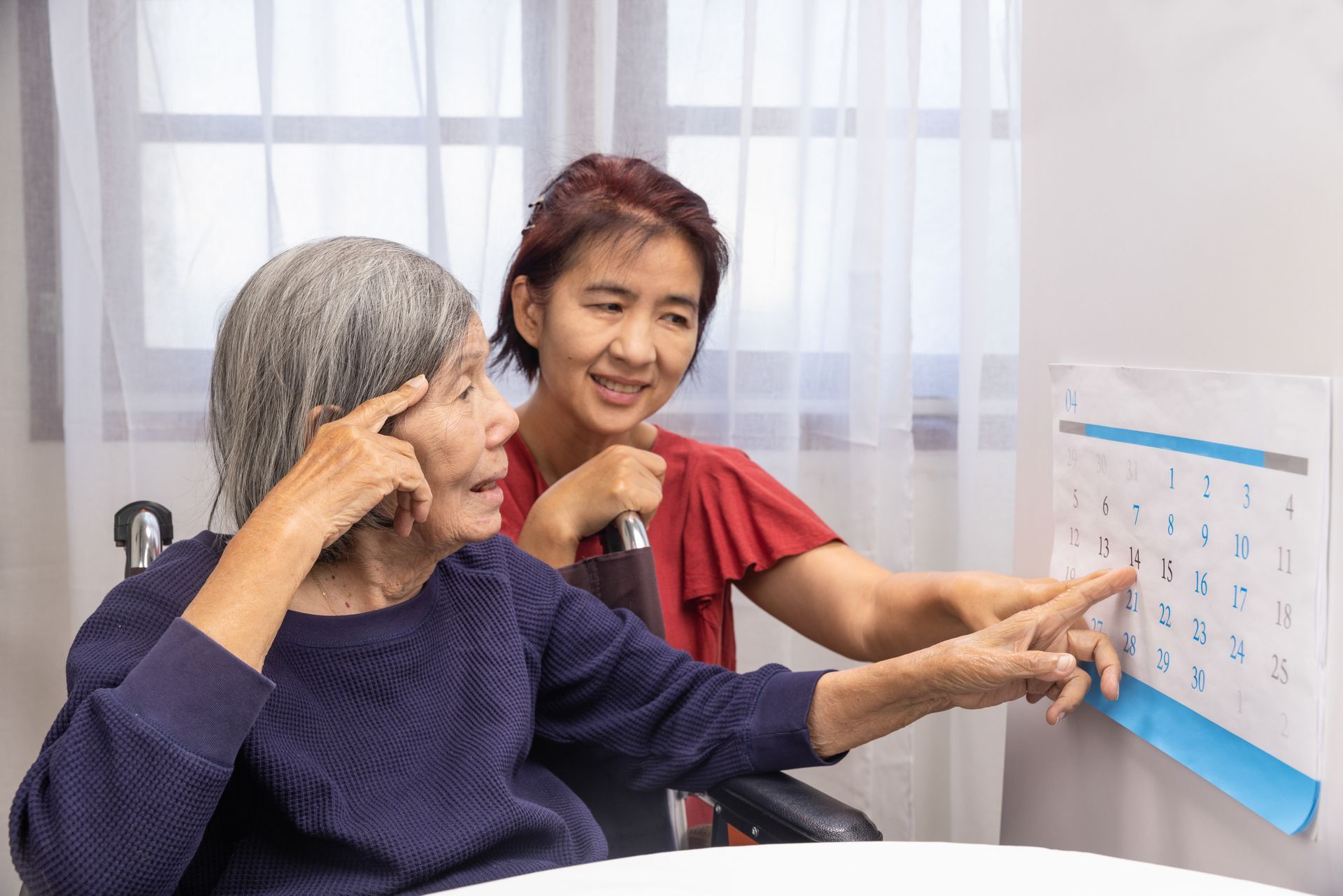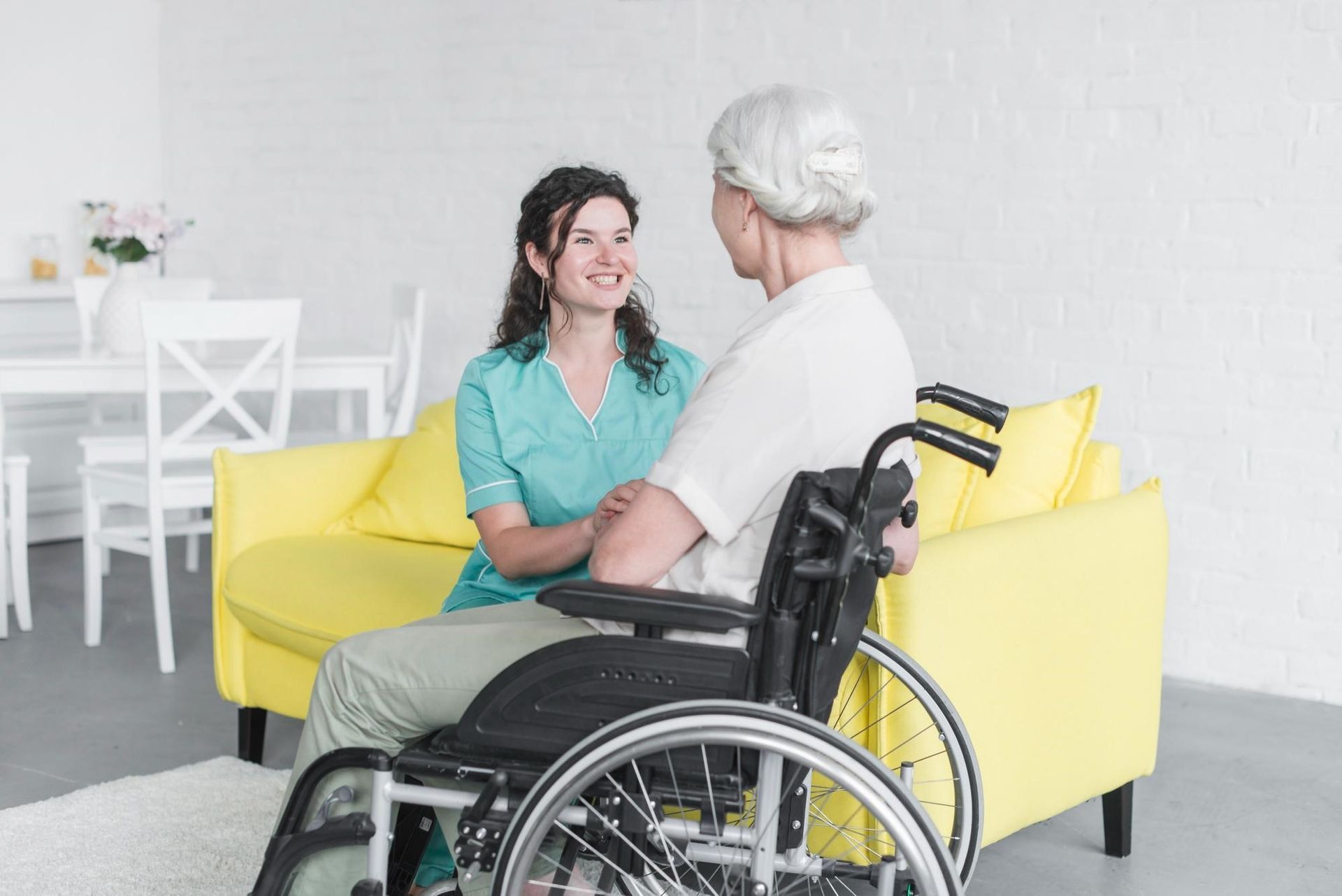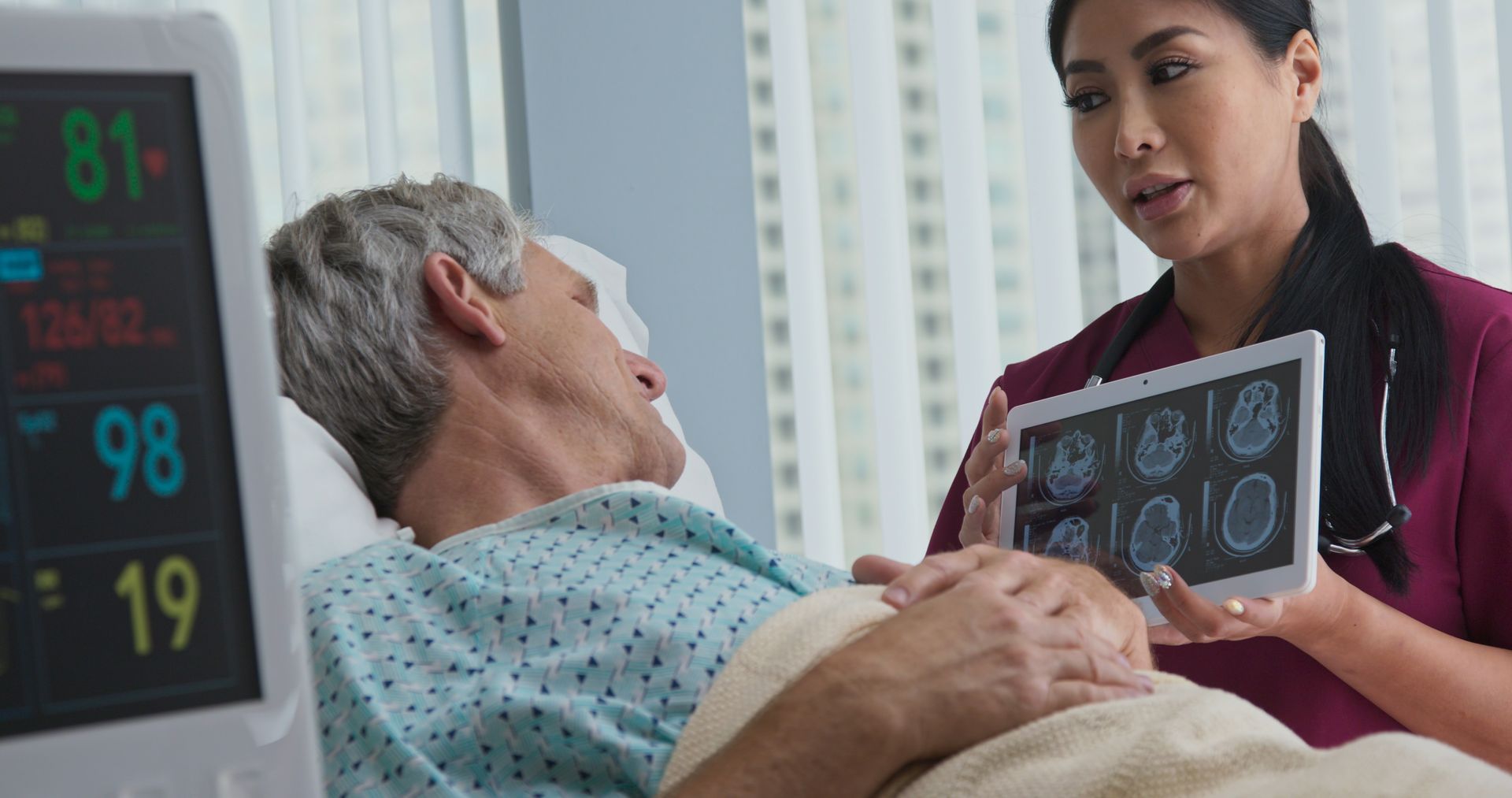BLOG
Surviving the Impact: Understanding Brain Injuries From Car Accidents
Car accidents can have a profound impact on brain health, leading to various types of injuries with significant implications for individuals and families. We will look at the prevalence and severity of brain injuries resulting from car accidents, shedding light on both the scientific and legal perspectives. Through a detailed exploration of brain injury types, symptoms, and physiological effects, we aim to provide a comprehensive understanding of the challenges faced by those affected. Furthermore, we will showcase the latest diagnostic breakthroughs and medical advances, emphasizing the role of innovative technologies in early detection and treatment planning.
Understanding Brain Injuries from Car Accidents
Car accidents can result in various types of brain injuries, each with its own set of symptoms and long-term effects. It's crucial to understand these injuries to facilitate early intervention and appropriate care. Here's a detailed look at the types of brain injuries, their symptoms, and physiological impact:
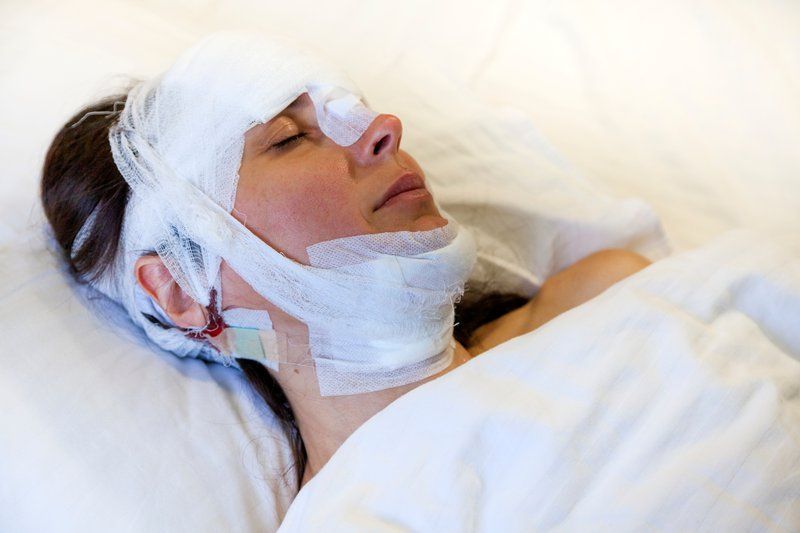
Types of Brain Injuries
- Concussion: A common injury characterized by temporary loss of brain function due to head trauma, often resulting in headaches, dizziness, and memory problems.
- Contusion: This refers to a bruise on the brain, leading to cognitive issues, seizures, and changes in behavior.
- Diffuse Axonal Injury: Caused by strong rotation or shaking of the head, this injury can result in widespread brain damage affecting cognitive and motor functions.
Symptoms and Physiological Impact
- Brain injuries can manifest as physical symptoms such as headaches, nausea, and sensitivity to light and sound.
- Cognitive symptoms may include confusion, memory loss, difficulty concentrating, and changes in behavior or mood.
- Physiologically, brain injuries can lead to disruptions in neurotransmitter function, affecting communication within the brain.
Understanding these aspects of brain injuries from car accidents is essential for recognizing symptoms and providing timely and targeted care to those affected.
Gardening Together
In exploring brain injuries from car accidents, the role of advanced technologies and diagnostic methods is crucial for early detection and the planning of treatment. These innovations have greatly enhanced the ability of medical professionals to quickly and accurately diagnose and manage brain injuries, leading to more precise and timely treatments.
Advanced Medical Imaging
- MRI and CT Scans: These imaging techniques provide detailed views of the brain, enabling healthcare professionals to identify internal injuries, bleeding, and other abnormalities.
- PET Scans: Positron Emission Tomography scans help in detecting changes in brain function and metabolism, aiding in the diagnosis and treatment planning for brain injuries.
Role of Innovative Technologies
Cutting-edge technologies such as virtual reality simulations and computer-based cognitive assessments have enhanced the accuracy and depth of brain injury evaluations. These tools assist in tracking cognitive function, identifying deficits, and customizing rehabilitation plans tailored to individual needs.
The integration of these advanced diagnostic approaches and medical technologies has paved the way for more precise and personalized care strategies for individuals impacted by brain injuries from car accidents.
Rehabilitation and Recovery Techniques for Brain Injuries from Car Accidents
Rehabilitation strategies and recovery methods for individuals with brain trauma from car accidents are crucial in facilitating optimal recovery and improving quality of life. Here's an insight into the latest findings on effective therapies and long-term care considerations:
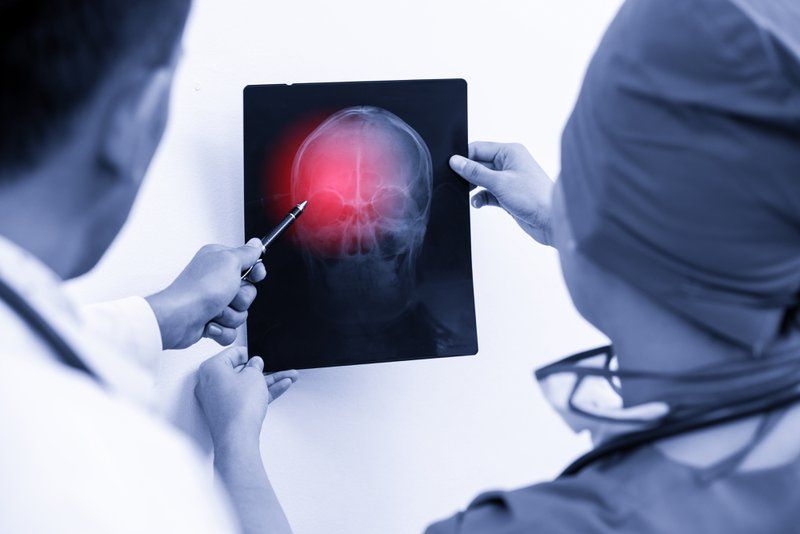
Effective Therapies
- Physical Therapy: This focuses on restoring physical function, improving mobility, and addressing balance and coordination issues.
- Occupational Therapy: By focusing on daily living activities, occupational therapy aims to enhance independence and functional abilities.
- Speech and Language Therapy: For individuals experiencing communication and swallowing difficulties, specialized therapy can greatly improve these essential functions.
Long-Term Care Considerations for Brain Injuries from Car Accidents
In addition to immediate rehabilitation, long-term care considerations are vital for sustaining progress and ensuring continued support for individuals with brain injuries. This involves ongoing monitoring, personalized care plans, and a supportive environment that promotes independence and social engagement.
Understanding the significance of these rehabilitation and recovery techniques is essential in providing comprehensive care for individuals recovering from brain trauma resulting from car accidents.
The Role of Support Systems and Community Resources
Support networks, community resources, Brain Injury Alliances, and specialized organizations play a pivotal role in assisting individuals and families throughout the recovery journey from car accident-related brain injuries. Here, we highlight the significance of these resources in fostering holistic improvement and enhancing the quality of life for those affected.
Support Networks
- Family Support Groups: These provide a platform for families to share experiences, gain emotional support, and access valuable information on caregiving and coping strategies.
- Peer Support Programs: Connecting individuals with similar experiences fosters a sense of belonging and understanding, offering emotional support and practical advice.
Community Resources
- Therapeutic Recreation Programs: These programs offer recreational activities customized to individuals with brain injuries, promoting physical fitness, social interaction, and leisure skills.
- Legal and Financial Counseling: Access to professionals specializing in legal and financial matters can alleviate the burden of navigating complex processes and decisions during recovery.
- Supportive Living Programs: The Supportive Living Program for Brain Injury in Colorado offers a range of residential services designed to support individuals who have experienced traumatic brain injuries. These programs aim to provide customized care and support, enabling residents to live their best lives while being treated with respect and dignity. The programs are predominately funded under Medicaid as Home and Community Based Service Brain Injury (HCBS-BI).
Specialized Organizations
Organizations dedicated to brain injury advocacy and support provide valuable resources, education, and advocacy efforts to raise awareness and improve the lives of individuals and families affected by brain injuries resulting from car accidents.
Recognizing and utilizing these support systems and community resources is instrumental in enhancing the overall well-being and recovery journey of individuals impacted by car accident-related brain injuries.
The comprehensive understanding of brain injuries resulting from car accidents, coupled with advancements in diagnostic tools and rehabilitation techniques, underscores the collaborative efforts required to support recovery and enhance outcomes. The integration of medical expertise, legal guidance, and community resources is indispensable in providing holistic care and fostering a supportive environment for individuals and families navigating the challenges of brain trauma.
By leveraging these collective efforts, we can pave a path toward improved quality of life and sustained well-being for those affected by car accident-related brain injuries. To learn more about specialized care and support for individuals with brain injuries, visit Assured Supportive Living.
We are here to help
Should you care for someone grappling with a brain injury's impact and worry about securing the high-caliber care they merit, Assured Senior Living and Assured Supportive Living offer a solution with its brain injury supportive living. Our tailored programs are dedicated to enhancing the health, social engagement, and overall well-being of our residents. We are eager to share more details with you.
Individualized, positive brain injury care in a home setting. Contact us today, or download our free Family Decision Toolkit guide for more information.








